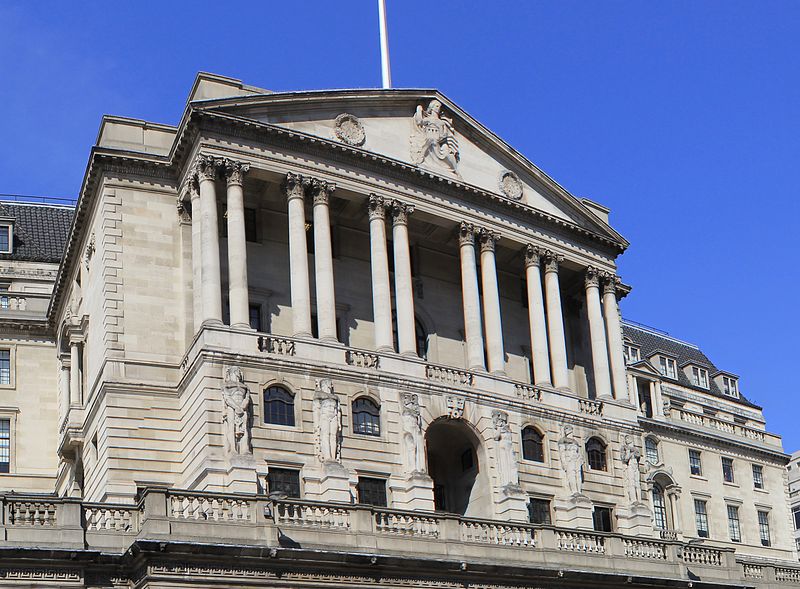
Governor Andrew Bailey of the Bank of England admitted that the process of reducing UK inflation is taking longer than anticipated. During his appearance before the House of Lords Economic
Affairs Committee, Bailey emphasized the tightness of the British job market, with some companies holding onto existing staff rather than recruiting new employees from a shrinking pool.
Although there are indications of a recovery in the supply of workers, Bailey noted that the progress is slow, leading to rapid wage increases and fueling inflation. He explained that employers find it challenging to recruit labor in the current market, resulting in labor hoarding, where they adjust work hours but are reluctant to make redundancies.
"We still believe that inflation will decrease, but it's taking more time than expected," Bailey remarked.
Bailey also disclosed that food price inflation, which reached near-record highs of 19.1% in the year up to April, is proving to be more persistent than initially anticipated. However, he highlighted that food retailers have been inaccurate in their communication to the Bank about price trends in the sector.
"We've been informed, particularly by retailers, that inflation would decrease. Then they come back later and say, 'Sorry, we got that one wrong,'" Bailey stated.
These comments come as official data revealed a 7.2% rise in UK wages during the three months leading up to April, the fastest pace outside the Covid-19 pandemic. Simultaneously, the employment rate reached a record high of 76%, with unemployment dropping from 3.9% to 3.8%.
Danni Hewson, head of financial analysis at investment firm AJ Bell, highlighted that employers' fear of finding new skilled workers is preventing them from letting go of existing staff. She noted that rising food costs and the potential for significant mortgage payment increases have led many employers to view pay raises as the only way to retain valued employees.
However, Hewson cautioned that wage increases contribute to price hikes. "Pay rises have partially offset rising costs, but they have also sustained purchasing power, which fuels the very issue causing distress in the first place," she explained. Photo by Katie Chan, Wikimedia commons.


































